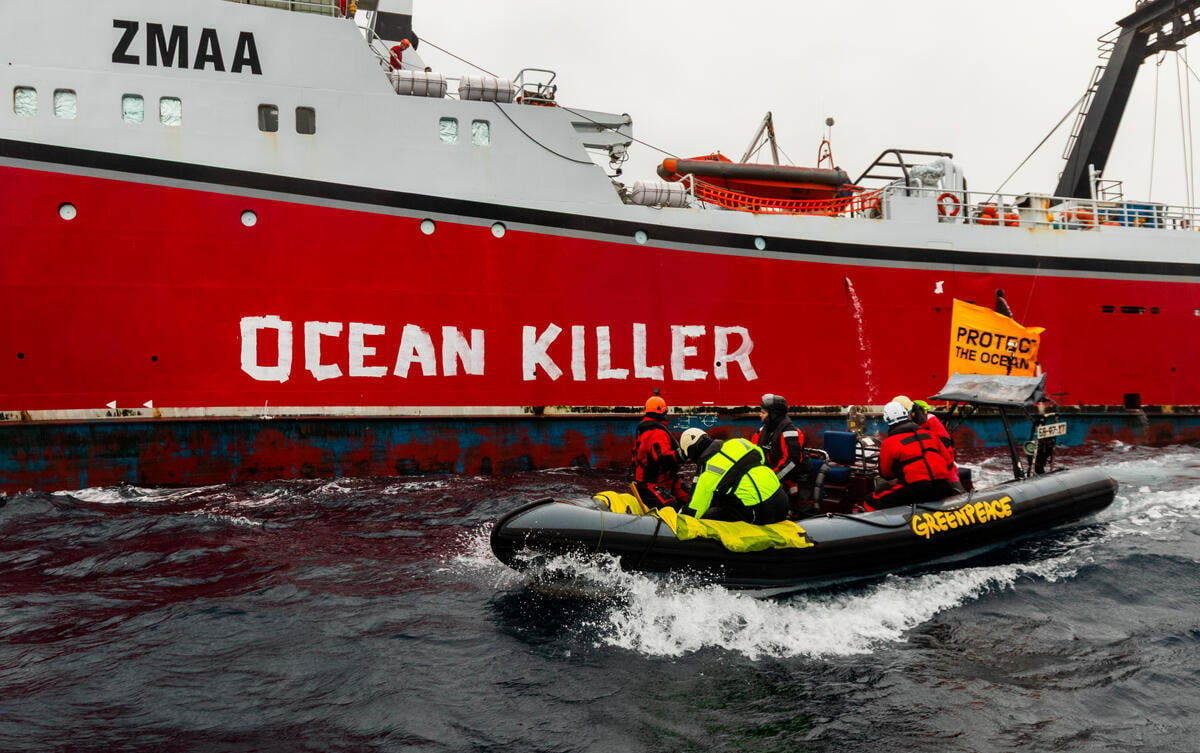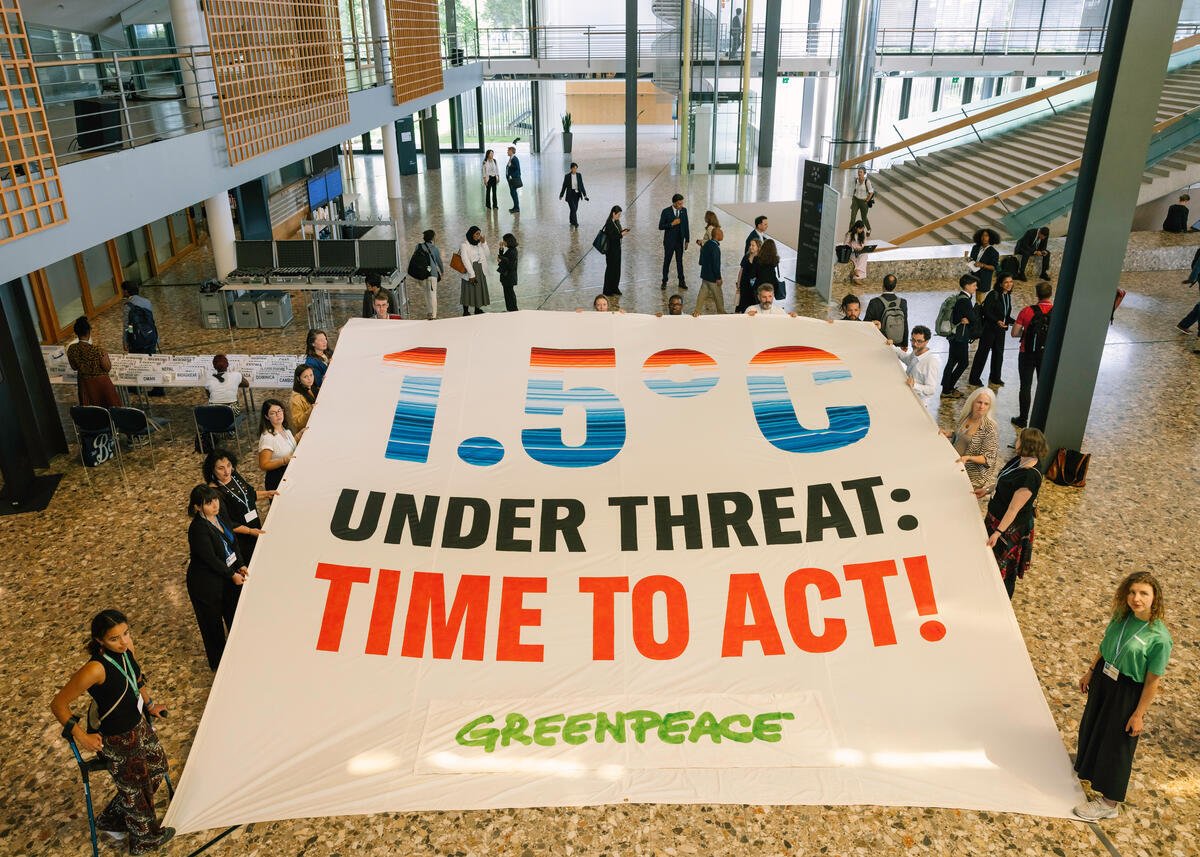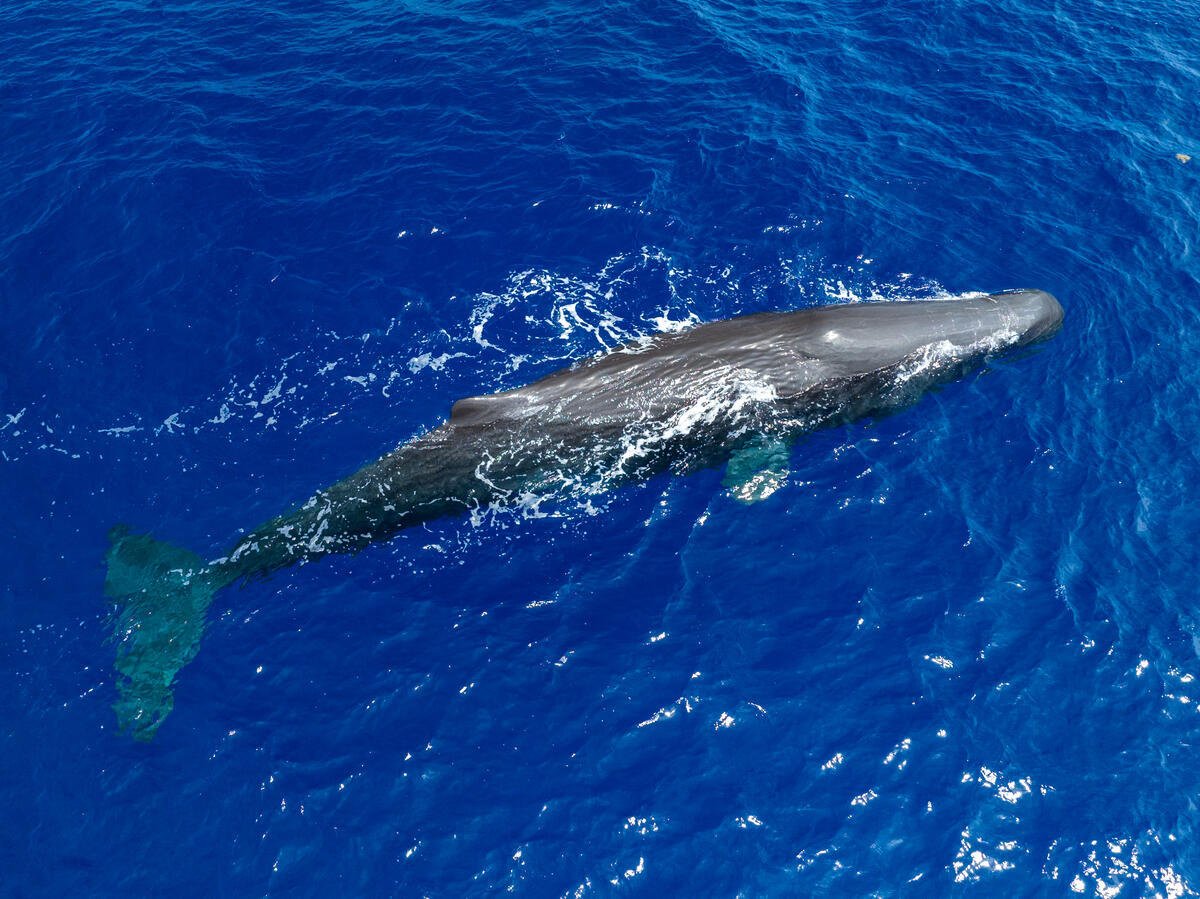Stavanger, Norway – Norwegian oil giant Statoil today voted at its annual general meeting (AGM) to rebrand the company as “Equinor” in a move which is nothing but greenwashing if they continue to explore for new climate change fuelling oil in frontier areas such as the Great Australian Bight and Norway’s Barents Sea.
“Statoil is removing the ‘oil’ from their name at the same time they are trying to add risky Australian deepwater drilling projects to their portfolio and expand into the pristine Arctic waters of the Barents Sea,” said Peter Clements, the mayor of Kangaroo Island, situated in the Great Australian Bight.
“If they truly want to be seen as a responsible energy company Statoil, Equinor, or no matter what they change their name to, must immediately abandon their plans for risky deepwater drilling in the Great Australian Bight.”
Mr Clements traveled to Norway, and Statoil’s AGM, where he read the Statoil board an open letter from Kokatha nation elder Sue Haseldine and Leader of the Norwegian Saami Association, Beaska Niillas, signed by thousands of supporters, asking Statoil to cancel their planned drilling activity in the Great Australian Bight.
Greenpeace Australia Pacific Senior Campaigner, Nathaniel Pelle, said the proposed wells were a time bomb waiting to explode in the region.
“Statoil’s proposed wells are in the same location as the ones BP walked away from after disastrous spill modelling rocked their bid. The chance and impact of a disastrous spill remains undiminished yet Statoil/Equinor are still intent on forging ahead ignoring the risk to the area and the concerns from the community,” said Pelle.
“Today the communities of South Australia have sent a clear message all the way to Stavanger that they do not want accident-prone Norwegian oil giant Statoil to bring oil drilling to the Great Australian Bight – and that they stand with the Arctic communities against Statoil’s plans in the Barents Sea.
“There are already more than enough fossil fuels in existing reserves to take the world beyond the 1.5 degrees of warming outlined in the Paris Climate Accords without searching for new reserves, particularly in the pristine and biodiverse waters of the Great Australian Bight.”
The Great Australian Bight is one of the world’s last unexploited areas; a pristine wilderness featuring multiple marine parks which is home to more unique species than the famous Great Barrier Reef including endangered Australian sea lions, great white sharks, seals, leafy sea dragons and one of the most significant whale nurseries in the world.
In Adelaide, Australia, today South Australian community representatives including Kokatha elder Sue Haseldine, lobster fisherman Kyri Toumazos, and tourism operator Elise Lavers stood on a black carpet representing the dangers of an oil spill outside the Australian Petroleum Production and Exploration Association to tell Statoil their oil rigs are not welcome in the Great Australian Bight.
A banner message “StatOil – No Oil In The Bight!” was held by the community representatives with local residents standing with them to support the message of protest.
This summer Statoil plans on drilling two wells in the Barents Sea that are being challenged in the ongoing climate change case against the Norwegian state for opening up new areas in the Arctic for oil drilling. One of the wells, Korpfjell Deep, is located in the northernmost area opened for oil exploration in Norway, close to the ice edge and within the vulnerable polar front.
Greenpeace handed in a proposal to the AGM asking for Statoil to rule out the drilling challenged by the lawsuit. At the same time, Statoil has also stated they have plans to drill in the Great Australian Bight in late 2018.
ENDS
Photos and Videos:
Australia: https://media.greenpeace.org/collection/27MZIFJX53P61
Norway: https://media.greenpeace.org/shoot/27MZIFJX5ZY1U
Contacts:
Simon Black, Senior Media Campaigner, Greenpeace Australia Pacific +61 418 219 086, [email protected]
Martin Norman, Sustainable Finance Campaigner, Greenpeace Nordic +47 95804950, [email protected]
Greenpeace International Press Desk, +31 (0) 20 718 2470 (available 24 hours), [email protected]



